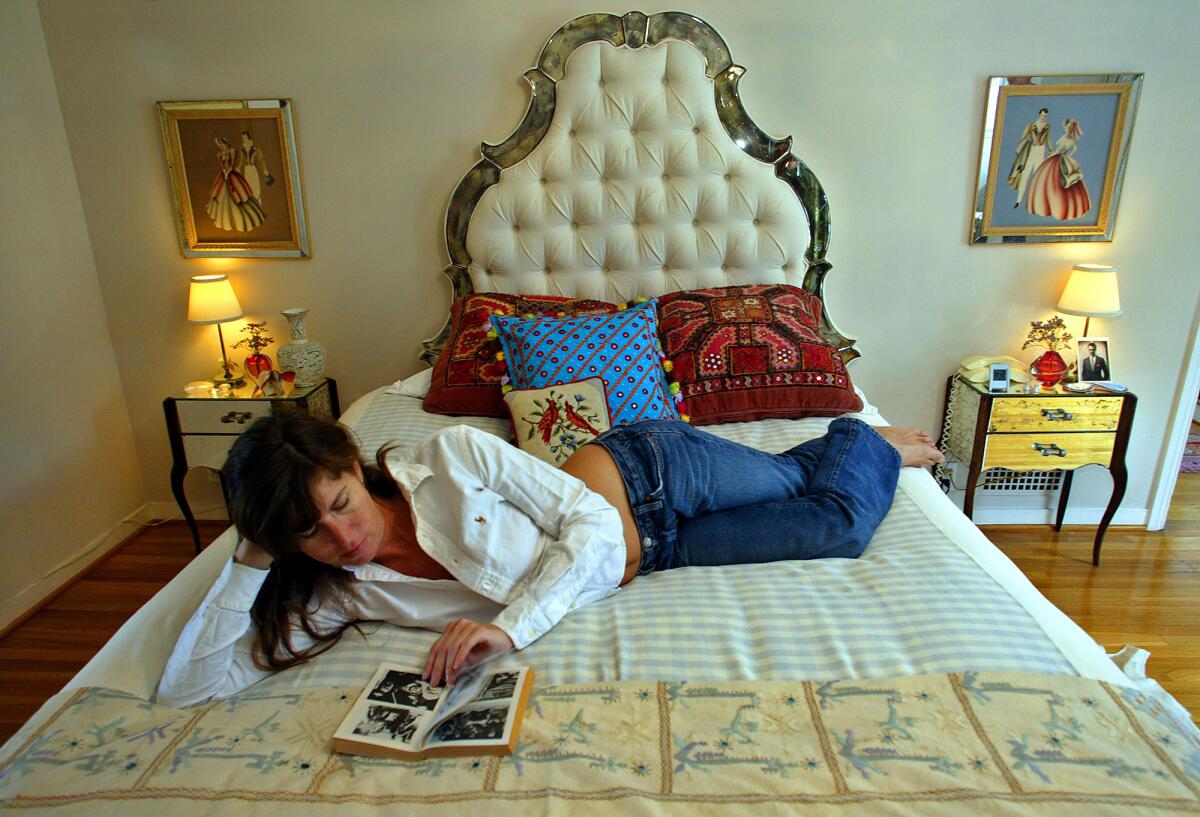It’s time to change the clocks: Here are 8 ways to avoid losing sleep this weekend
- Share via
Wake up, sleepyhead!
This weekend is the beginning of daylight saving time, you know, the first part in “spring forward, fall back.” So that means we lose an hour of dreamy weekend slumber when clocks are set to jump forward an hour early Sunday morning. And that can be problematic for many.
“Some people have difficulty adapting to the one-hour change,” says Dr. Clete A. Kushida, medical director of the Stanford Sleep Medicine Center. “Sleep deprivation can affect attention and vigilance, learning and memory.”
It can also affect your health. Dr. Alon Yosefian Avidan, director of the UCLA Sleep Disorders Center, says “recent data shows that the rate of heart attacks spike during the immediate Monday after daylight saving time.” Car accidents and injuries can increase as well, he added.
Here are their eight tips for navigating the time changes that come twice a year:
1. Anticipate the shift. Try going to bed earlier for one to two nights ahead of the time change.

2. Load up on Zzzzs. You don’t want to be sleep-deprived ahead of these time shifts. Getting seven to eight hours of sound sleep a night ahead of the change will make for a smooth transition.

3. Skip the alcohol and caffeine. These substances will just lead to fragmented sleep.
4. Use sunlight to your advantage. Pull back the curtains and get lots of sunshine in the morning, and you’re more likely to feel alert during the day and sleepy by nightfall.

5. Conversely, limit bright light exposure at night. Why? It will disrupt your sleep. This means no computers, TV and tablets at least two hours before bedtime.
6. Avoid long naps. A brief power nap is OK. But anything longer will disrupt your sleep and delay the transition to the new time schedule.

7. Make your bedroom a haven for sleep. Keep your bedroom dark, quiet, well-ventilated and at a comfortable, slightly cooler temperature throughout the night.

8. Create a relaxing bedtime routine. Read a relaxing book; listen to soothing music.
ALSO
Daylight saving time may have health costs
Think your kid (or you) could be a screen zombie? Take the ‘Screenagers’ test
Now you can dine in or grab healthful goods to go at these L.A. restaurants and juice bars






